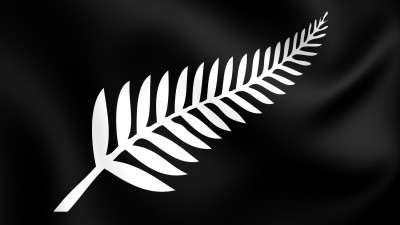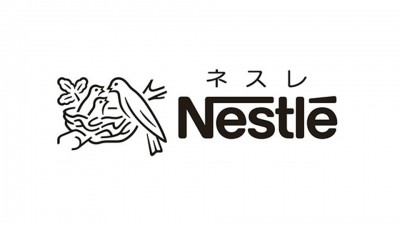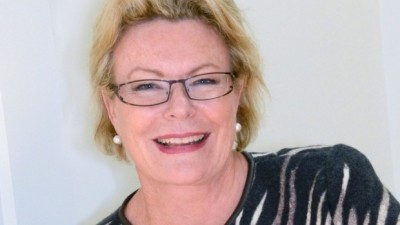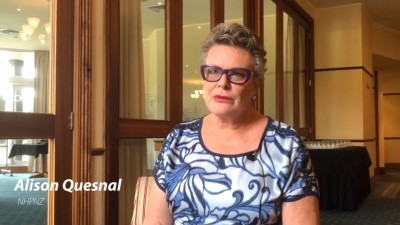'Beset with outlandish claims'? New NZ firm offering 'personalised nutrition' attracts criticism for industry view

Launched in April this year, Wondermins states on its website: "The nutrition industry is beset with outlandish claims, quick-fix remedies and fine print", adding that it does not sell any product not backed by scientific research.
Regarding this, Alison Quesnel, outgoing corporate affairs director for trade association Natural Health Products New Zealand, told NutraIngredients-Asia, "I disagree that the industry, at least in New Zealand, is 'beset with outlandish claims'.
"The industry is heavily regulated and I'm happy to say that as long as consumers buy their supplements from reputable brands, they can be assured that they are generally safe.
"Regarding the scientific research, I think it's good that the company provides links to it, but they have to make it applicable to consumers. What does the research mean and how is it useful to different people?"
'Personalised' model?
Wondermins and another new Kiwi supplement firm, Vitally, launched within a week of each other with similar business strategies. On both websites, visitors can take a quiz, whereby they volunteer information on their dietary habits, health concerns, and existing health conditions.
Based on their answers, an algorithm recommends vitamins and supplements it deems suitable for each customer, who can then receive a customised vitamin and supplement package each month.
This is vastly different from the business models of other personalised nutrition companies, most of which use DNA testing, wearable devices and mobile apps to create health solutions tailored to the individual.
While both companies say their questionnaires are composed by nutrition experts (dietitian Gavin Clearkin designs Vitally’s quiz), some industry insiders have expressed scepticism and advised caution.
Doctor knows best
Quesnel said, "People should always consult their doctors and pharmacists — or even naturopaths — before taking anything that supposedly has health benefits for them.
"When you're talking to health professionals, they would take into account everything you're saying, and advise you to seek proper assessment by a licensed physician before taking any supplements.
"It's very common for health product companies to advise consumers on what they should take, but we would advise people to be cautious, as they may not always get the full picture of products marketed to them."
Speaking to NutraIngredients-Asia, Wondermins CEO Rob Berman said the company was "careful not to overstep" its boundaries.
"We have a live chat feature on the website, and quite a lot of people ask us questions using that — we have a very highly qualified nutritional team that can review recommendations people get after taking the quiz.
"It's a new thing and people are always a little bit sceptical of new things. But we certainly don't try to replace good nutrition, or a visit to a practitioner or specialist. We definitely don't offer a consultation process and we don't diagnose anything. We're careful not to overstep, and we refer people back to their own doctors if people come to us with concerns about health symptoms."
He explained that along with the supplement recommendations, quiz takers also receive information about what the products are good for and why they were recommended.
Additionally, customers can choose to follow the recommendations, or customise their packages further by adding or removing products.
The monthly packages consist of individual sachets, each containing a combination of the daily intake of supplements the customers have purchased. Information on each supplement and the research behind it is also included.
Truly unique?
When asked what — besides its quiz and customised packages — sets Wondermins apart from regular supplement firms, Berman said: "The key difference is the delivery system.
"If you buy three or four Blackmores products, for instance, they're going to run out at different times, depending on how much each bottle contains and much you have to take every day. With our system, you have a convenient daily pack. When you run out of it, you can order the same thing again if you wish.
"Some people take up to nine pills a day. If you have nine bottles lined up in your kitchen, you have to open them individually, and you may forget if you've already taken them for the day."
He added that most consumers tend to replace all their supplements in one go, so while they may have run out of one supplement but not others, they would wait to finish the rest before replacing them and in the meantime, go for a period without certain supplements.
Both Wondermins and Vitally source their ingredients from different countries; Berman believes this allows for freedom to find the best ingredients.
He said, "We source mostly from New Zealand and the US, mainly because of quality. We want to be very certain with regards to the quality of our products and their manufacturers."
The company currently develops and delivers its supplements only in New Zealand, but intends to expand overseas.
"Australia will be next for us. We haven't really looked beyond that, but we would like to expand further. Obviously, English-speaking countries would be easier to start with.
"We've thought about licensing our system to other parties, so maybe we'll base our expansion plans on a licensing model. Also, our manufacturing process is third-party at the moment, but we want to move it in-house, at least for some of our products."
NutraIngredients-Asia also contacted Vitally CEO Matt Hitchman, but he declined to comment.
The science of selling
In a recent interview with Radio NZ, Mark Hanna, chairman of the Society for Science Based Healthcare, said he had taken the quizzes on both websites and given the "healthiest answers" he could to all the questions.
He revealed that at the end of the quizzes, one of the websites recommended a monthly supply of NZ$50 worth of supplements, while the other recommended NZ$70 worth of supplements, despite his answers indicating that he was perfectly healthy.
Furthermore, they recommended "completely different supplements", leading him to question their reliability.
He added that although both websites did provide links to scientific research behind their products, the references were not easily understood by laypeople and thus, may not be highly effective in helping consumers make informed choices.
He was not surprised that the quizzes encouraged people to buy supplements, and said, "It seems like a tool for selling supplements, much more than a tool for helping people make informed decisions about their healthcare."












